Meta is working on a 5GW data center to supercharge AI infrastructure – and Mark Zuckerberg says one cluster alone ‘covers a significant part of the footprint of Manhattan’
The new Meta data centers will be housed in Ohio and Louisiana, Mark Zuckerberg revealed

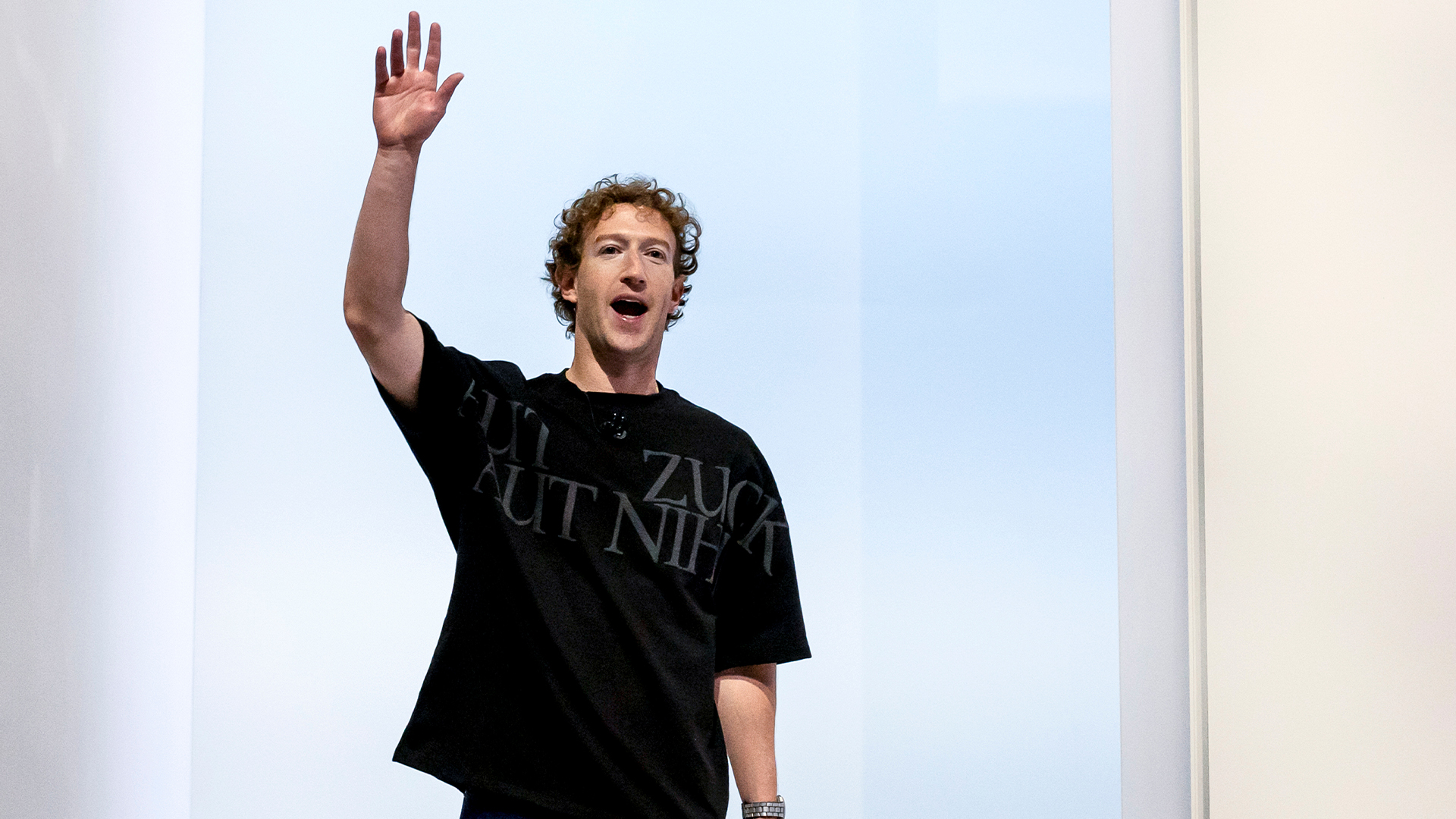
Sign up today and you will receive a free copy of our Future Focus 2025 report - the leading guidance on AI, cybersecurity and other IT challenges as per 700+ senior executives
You are now subscribed
Your newsletter sign-up was successful
Meta CEO Mark Zuckerberg has revealed plans to build a 5GW data center, with one cluster alone set to be nearly as big as Manhattan.
Detailing the plans in a social media post this week, Zuckerberg said Meta plans to invest “hundreds of billions” of dollars as part of the move to build out AI infrastructure.
Meta, along with industry competitors, has been ramping up investment in AI infrastructure over the last 18 months, with capital expenditure at the tech giant surging to $68 billion.
The pledge comes as Meta has offered large sums — some in the hundreds of millions — to entice top AI talent away from rivals, successfully poaching staff from Google, OpenAI, Anthropic, and Safe Superintelligence, among others.
In the last two weeks, reports suggested Meta sought financing of as much as $29bn to fund data centers, and bought 1GW of renewable power as part of the push.
Meta is big on data centers
Writing on Threads, Zuckerberg outlined some of the company's plans when it comes to competing with AI, and in particular developing superintelligence.
OpenAI has long targeted the idea of artificial general intelligence (AGI), and Meta recently launched its own Superintelligence Lab.
Sign up today and you will receive a free copy of our Future Focus 2025 report - the leading guidance on AI, cybersecurity and other IT challenges as per 700+ senior executives
"For our superintelligence effort, I'm focused on building the most elite and talent-dense team in the industry," he wrote. "We're also going to invest hundreds of billions of dollars into compute to build superintelligence."
Zuckerberg noted that analyst firm SemiAnalysis reported Meta would be the first lab to bring a 1GW "supercluster" online, but said that Meta is already working to build several multiple-gigawatt data centers.
The first of these will be named Prometheus, he revealed, and is set to come online in 2026.
"We're also building Hyperion, which will be able to scale up to 5GW over several years,” he added. “We're building multiple more titan clusters as well. Just one of these covers a significant part of the footprint of Manhattan."
"Meta Superintelligence Labs will have industry-leading levels of compute and by far the greatest compute per researcher. I'm looking forward to working with the top researchers to advance the frontier!"
Where will the data centers be built?
In New Albany, Ohio, the Prometheus system is a 1GW cluster of data centers using both Meta's own infrastructure and leased systems, according to SemiAnalysis, noting that this means "Meta ramps faster".
It will have two natural gas plants on site, though Prometheus will also use renewable energy.
Hyperion, meanwhile, is in Richland Parish, Louisiana; work started last year, and the first 1.5GW phase is expected to come online next year. It will be powered in part by renewables but also feature natural gas.
The same day that Zuckerberg made his enthusiastic Threads posts, a story in The New York Times described Meta's construction of a $750 million data center in Georgia, highlighting the impact on the local community including local wells going dry.
While a Meta spokesperson disputed the account, the local water authority said the data center uses 10% of the county's total water supply.
Bigger data centers means bigger challenges
The rise in AI has led to a huge increase in data center investment and funding for associated infrastructure.
Earlier this year, the US government unveiled plans for the Stargate Project, a $500 billion scheme aimed at building out AI infrastructure across the United States.
With backing from OpenAI and cloud computing giant Oracle, the project aims to meet projected demand for compute power as enterprises across the country continue ramping up AI adoption.
But with infrastructure investment comes new demands - and concerns. Particularly around the environmental impact and strain placed on energy grids.
A host of big tech companies, including AWS and Microsoft, are investing heavily in nuclear energy to meet expected power demands as a result of their own infrastructure build out.
Indeed, the International Energy Agency said AI will chew through the same amount of energy as Japan by 2030. Google reported earlier this month that its emissions have surged 51% over five years, largely down to AI infrastructure development.
Concerns over energy constraints are also growing on the other side of the Atlantic, with research earlier this year warning that European energy grids might struggle to contend with surging power demands.
Make sure to follow ITPro on Google News to keep tabs on all our latest news, analysis, and reviews.
MORE FROM ITPRO
- Meta wants to join the big tech nuclear club
- Oracle wants to power a new gigawatt data center with three small nuclear reactors
- Data center water consumption is out of control
Freelance journalist Nicole Kobie first started writing for ITPro in 2007, with bylines in New Scientist, Wired, PC Pro and many more.
Nicole the author of a book about the history of technology, The Long History of the Future.
-
 Anthropic promises ‘Opus-level’ reasoning with new Claude Sonnet 4.6 model
Anthropic promises ‘Opus-level’ reasoning with new Claude Sonnet 4.6 modelNews The latest addition to the Claude family is explicitly intended to power AI agents, with pricing and capabilities designed to attract enterprise attention
-
 Researchers call on password managers to beef up defenses
Researchers call on password managers to beef up defensesNews Analysts at ETH Zurich called for cryptographic standard improvements after a host of password managers were found lacking
-
 Sovereign infrastructure spend to triple in Europe as fifth of workloads stay local
Sovereign infrastructure spend to triple in Europe as fifth of workloads stay localNews Gartner says global spending on sovereign cloud infrastructure will climb 35% over the next year
-
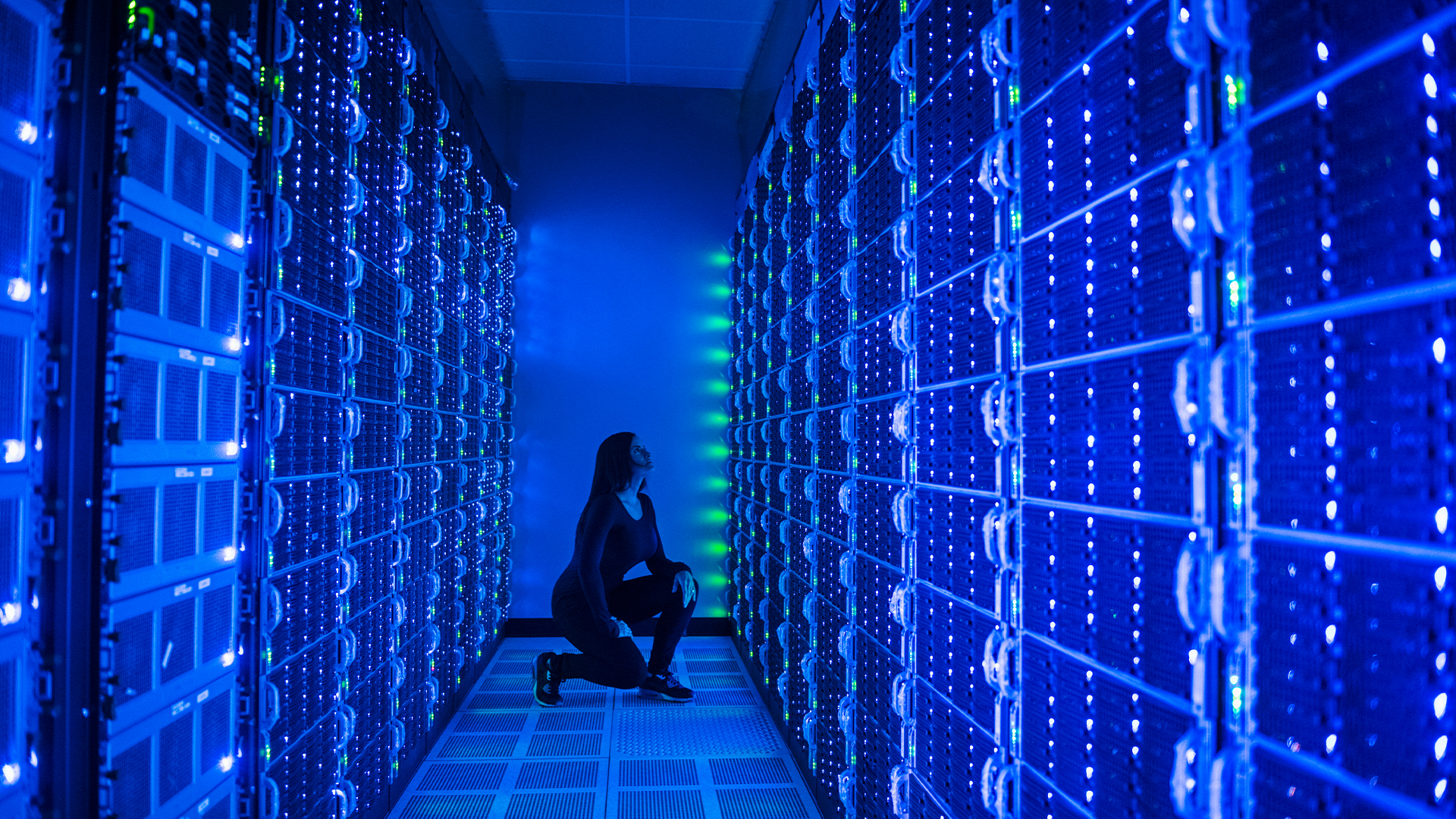 Majority of English data centers use less water than a 'typical leisure center' as operators embrace new cooling methods
Majority of English data centers use less water than a 'typical leisure center' as operators embrace new cooling methodsNews England’s data centers are surprisingly efficient when it comes to water consumption
-
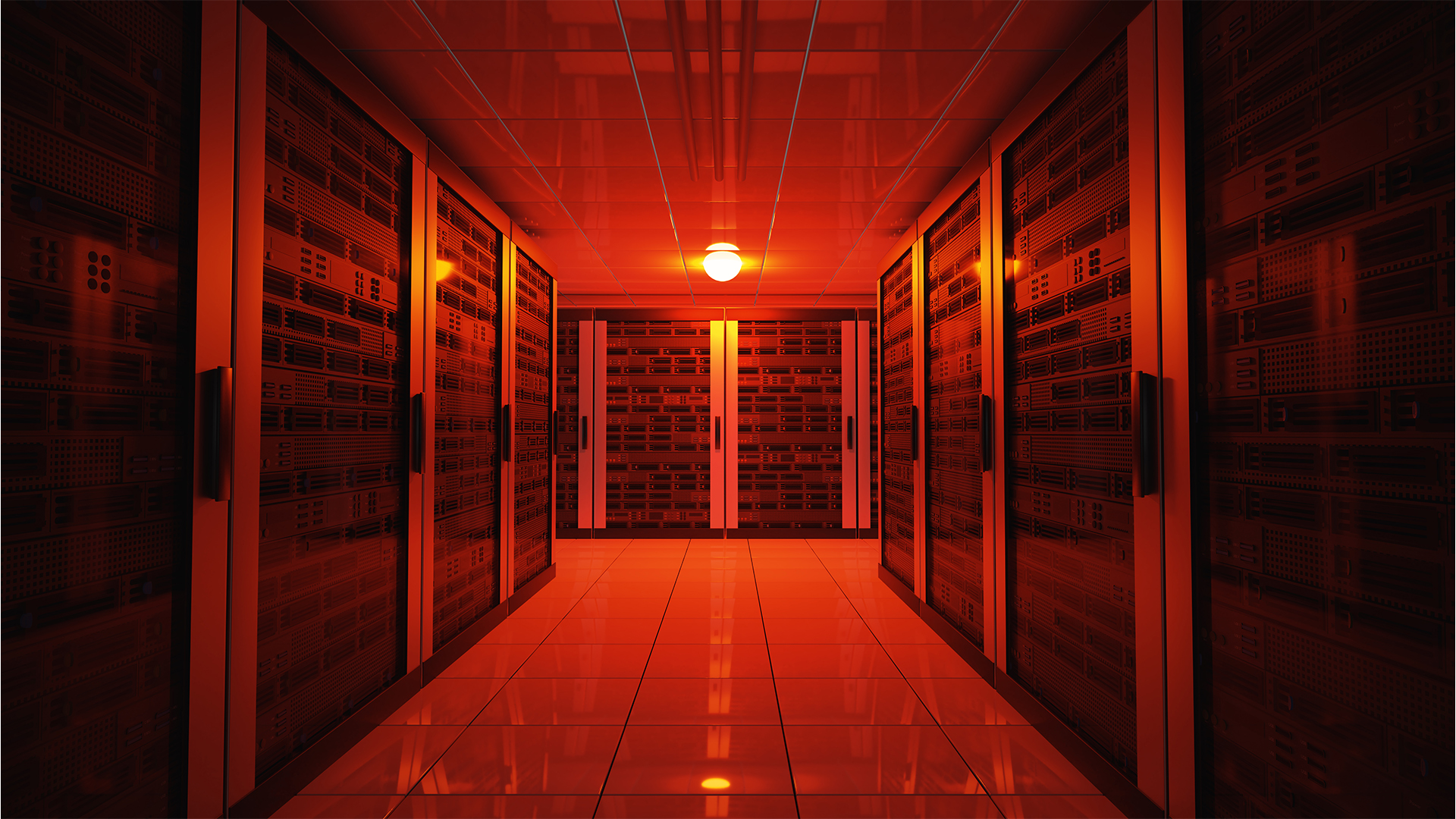 ‘Too many organizations assume they’re more resilient than they actually are’ – UK firms are facing huge financial losses from IT outages and downtime
‘Too many organizations assume they’re more resilient than they actually are’ – UK firms are facing huge financial losses from IT outages and downtimeNews Many organizations are failing to put in place contingencies for IT outages and downtime, research shows
-
 So much for data sovereignty — AI infrastructure is dominated by just a handful of countries
So much for data sovereignty — AI infrastructure is dominated by just a handful of countriesNews Oxford researchers suggest AI infrastructure will decide a nation's global impact in the future, just as oil production has over the last few decades.
-
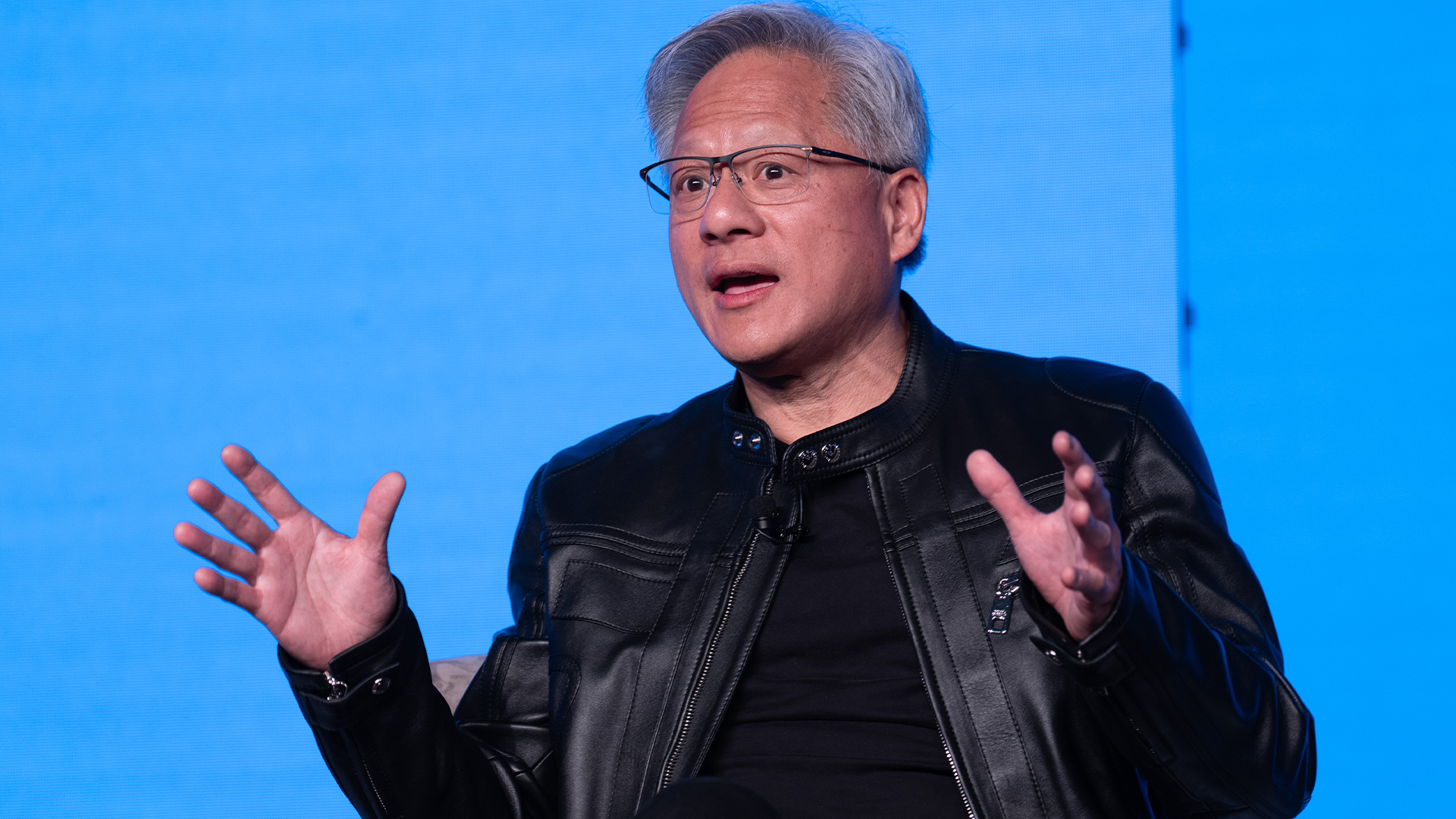 ‘This is the largest AI ecosystem in the world without its own infrastructure’: Jensen Huang thinks the UK has immense AI potential – but it still has a lot of work to do
‘This is the largest AI ecosystem in the world without its own infrastructure’: Jensen Huang thinks the UK has immense AI potential – but it still has a lot of work to doNews The Nvidia chief exec described the UK as a “fantastic place for VCs to invest” but stressed hardware has to expand to reap the benefits
-
 Google shakes off tariff concerns to push on with $75 billion AI spending plans – but analysts warn rising infrastructure costs will send cloud prices sky high
Google shakes off tariff concerns to push on with $75 billion AI spending plans – but analysts warn rising infrastructure costs will send cloud prices sky highNews Google CEO Sundar Pichai has confirmed the company will still spend $75 billion on building out data centers despite economic concerns in the wake of US tariffs.
-
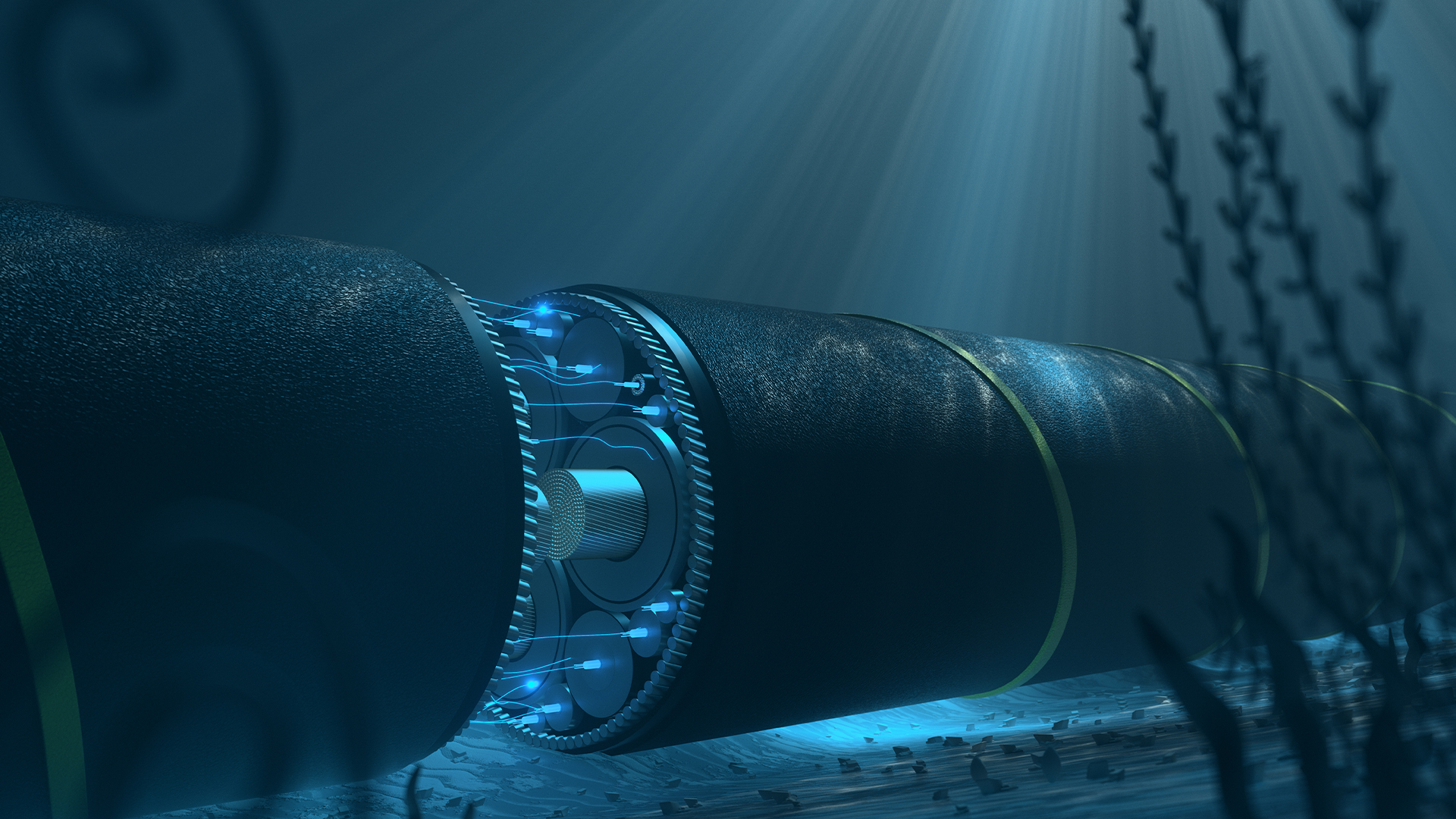 Meta is building the world’s longest subsea cable: Project Waterworth will span 50,000 km and connect five continents – and it aims to boost global connectivity and AI services
Meta is building the world’s longest subsea cable: Project Waterworth will span 50,000 km and connect five continents – and it aims to boost global connectivity and AI servicesNews Meta has announced plans to build the world's longest subsea cable in a bid to supercharge global connectivity and drive AI innovation.
-
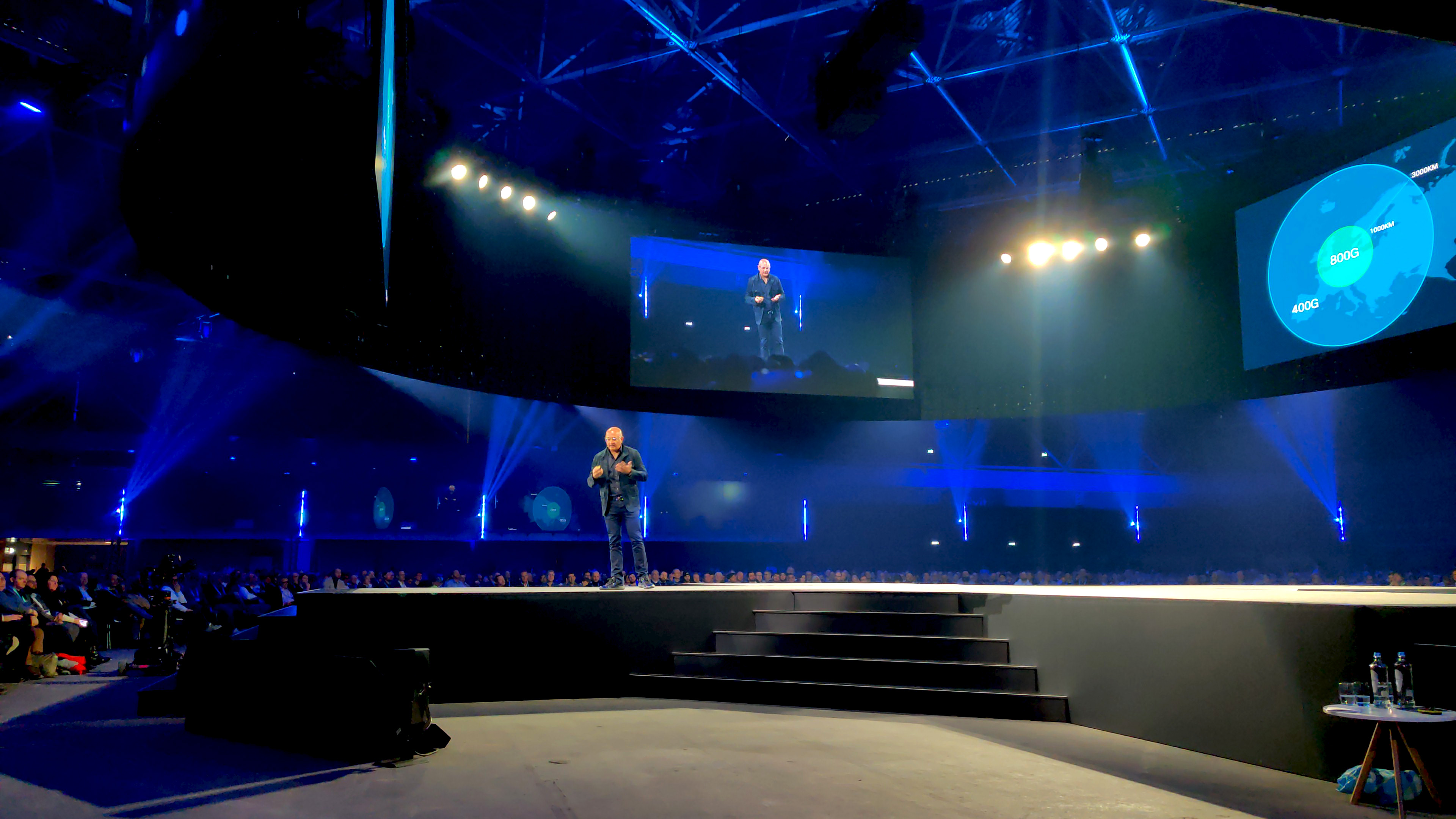 Cisco wants to capitalize on the ‘DeepSeek effect’
Cisco wants to capitalize on the ‘DeepSeek effect’News DeepSeek has had a seismic impact, and Cisco thinks it has strengths to help businesses transition to AI-native infrastructure
